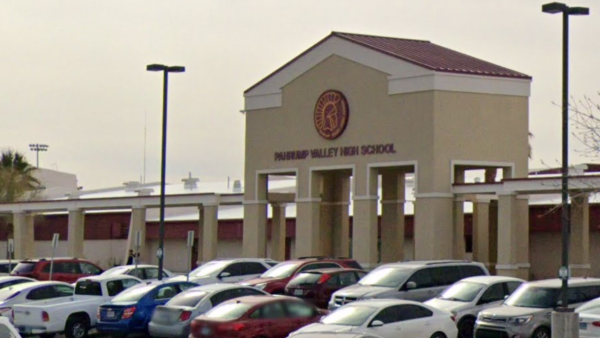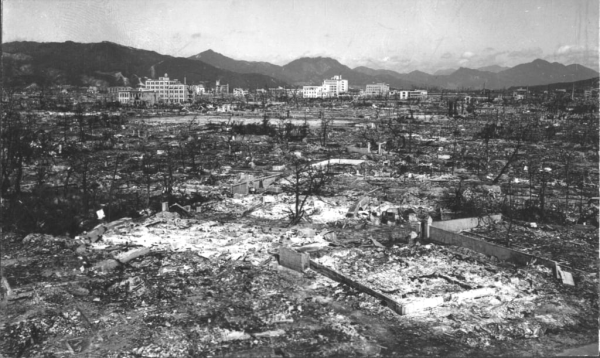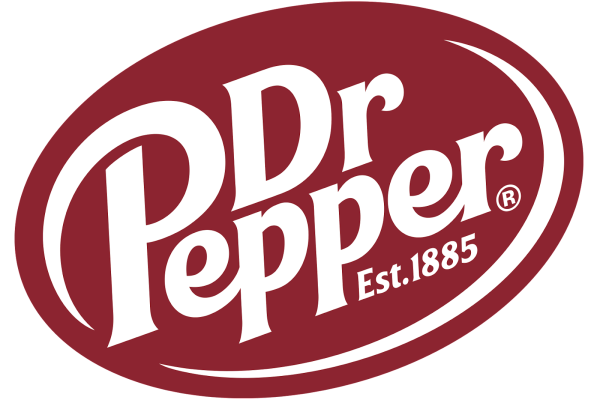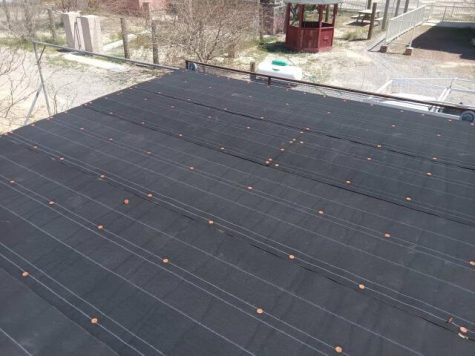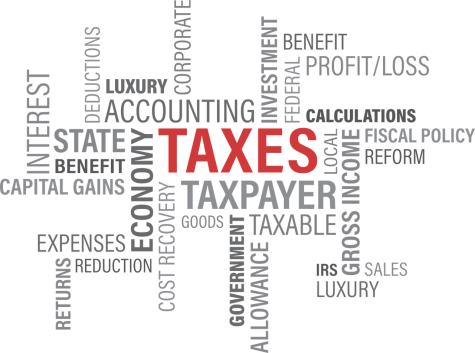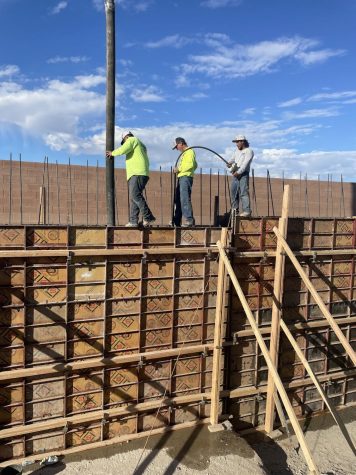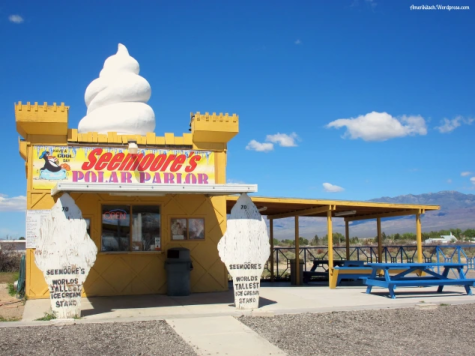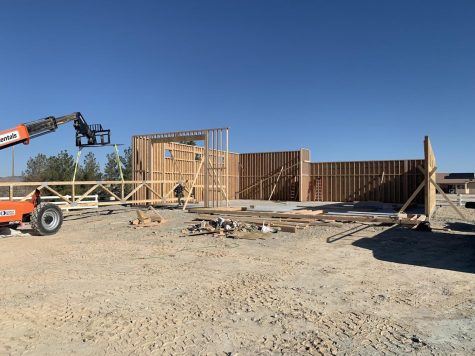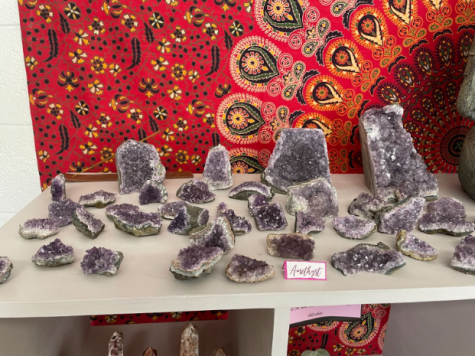Pollution
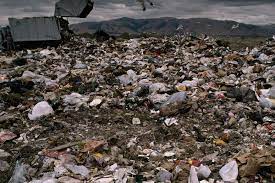
The term “pollution” means introducing harmful materials into the environment. These materials are referred to as pollutants. The main cause for this is that humans and their activities harm the environment. The damage caused to the Earth is due to severe pollution, and something must be done about it to reduce its destruction.
Pollution isn’t something that you can see with the bare eye, for example, you might not see the pollution that is floating in the air. Carbon dioxide levels in the air rise due to this pollution, making it more toxic and dangerous. Road dust, exhaust, and smoke all contribute to air pollution. Health problems can arise both long-term and short-term from breathing in this pollution. It can increase the risk of strokes, lung cancer, and heart disease. Pollution is also a problem for people who have asthma as it can make it harder for people with this condition to breathe and might cause an asthma attack. All this pollution makes climate change an even more of a bigger threat.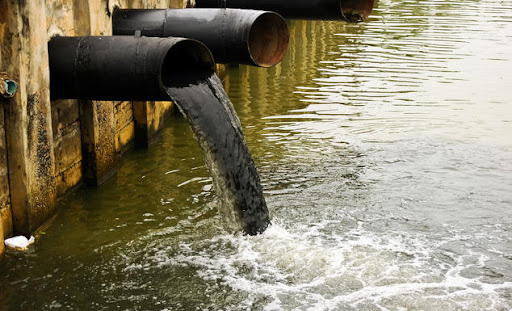
The air is not the only thing that is getting polluted, but water is as well. Water gets contaminated with trash, bacteria, pollution, and parasites. This makes the water sources unusable for cooking, cleaning, swimming, and drinking and without this, human life will not be able to thrive.
Another type of pollution is soil pollution which is the contamination of toxic substances within the soil. These pollutants affect crops in a negative way, dropping the production of food. The toxic chemicals which pollute the soil are usually from pesticides and herbicides. Other pollutants include heavy metals such as lead, polycyclic aromatic hydrocarbons which is a chemical that has only hydrogen atoms and carbon, and industrial waste. Pesticides have a long history as they date back to WWII. An article from Topper.com states, “ Before World War II, the chemical nicotine present in the tobacco plants was used as the pest-controlling substance in agricultural practices. However, DDT was found to be extremely useful for malaria control and as pest control for many insects during World War II. Therefore, it was used for controlling many diseases. Hence, post-war, people started using it as pest control in agriculture for killing rodents, weeds, insects, etc, and avoid the damages due to these pests. However, everyone gradually [realized] the adverse effects of this chemical which led to the ban of this chemical in many parts of the world including India.”
This explains how pesticides were getting dangerous enough that they had to ban them in some places. The article continues by reading, “ Moreover, pests became resistant to DDT due to the chemical’s regular use. Hence this led to the introduction of other harmful chemicals such as Aldrin and Dieldrin. Pesticides are synthetic toxic chemicals that definitely kill different types of pests and insects causing damage to agriculture but it has many ecological repercussions. They are generally insoluble in water and non-biodegradable. Therefore, these chemicals will not gradually decompose and keep on accumulating in the soil. Therefore, the concentration of these chemicals will increase when the transfer of these chemicals take place from lower to higher trophic level via the food chain. Hence, it will cause many metabolic and physiological disorders in humans.” Not only are they bad for crops but the environment around them.
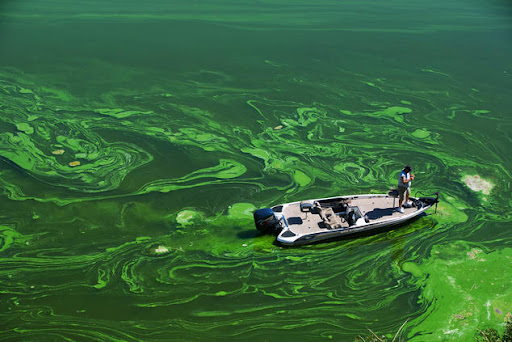
With all this in mind, one should consider taking precautions to reduce pollution. Things such as taking public transportation or recycling can help the world. We should also encourage people to plant more trees to reduce carbon dioxide as well as sign up for community service to pick up trash. To sum it all up, Pollution is dangerous and there needs to be more action taken in order to stop the earth from becoming an inhabitable place.

